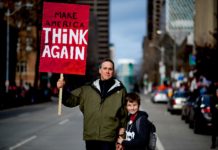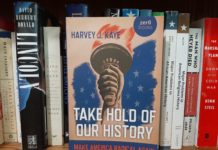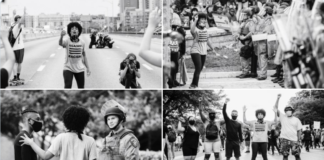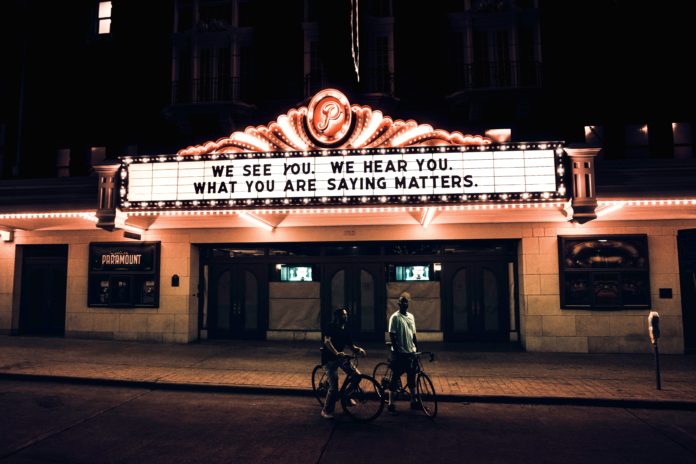
Photo: Charles Fair via Unsplash
The Austin City Council’s recent decision to reduce the police department’s budget by about 5 percent represents an opening salvo in national efforts to reimagine public safety in the wake of the May 25 murder of George Floyd in Minneapolis and the subsequent protests that have gripped the nation since. Efforts to transform the criminal justice system have grown since the Black Lives Matter Movement erupted in 2014 in the aftermath of a spate of police and vigilante killings of African Americans across the country. At the grassroots level calls to “Defund the Police” that seemed marginal, even outlandish, then have taken on a new level of political maturity in this year of racial reckoning.
Austin and America must forge a new consensus that values Black lives and public safety on an unprecedented scale. The nation’s current political reality of racial segregation and economic impoverishment forged in systemic racism, violence, and neglect has trained too many Americans to equate blackness with crime, violence, and disorder. Calls for racial justice then are too often equated as an invitation to turn lily white suburbs into crime ridden ghettoes. These racist caricatures are potent enough to swing elections, and in the wake of George Bush and Lee Atwater’s infamous use of Willie Horton in the 1988 presidential campaign, they have had Democratic politicians running to embrace the very “law and order” philosophy brandished by racial segregationists of the civil rights era and perfected by Richard Nixon during the 1968 presidential election.
“Defund the Police” supporters are not literally calling for an end to law enforcement. Instead they argue that over the past half century America has overly invested in systems of punishment, at the local, state, and federal level, that reinforce anti-Black racism, segregation, violence, and premature death at the expense of imparting justice. The phrase “Defund the Police” might be better characterized as “Reimagining Public Safety.” This is what the Austin City Council, pressured by the heroic work of local racial justice organizations such as the Austin Justice Coalition, Grassroots Leadership, and Texas Appleseed, essentially did with their new budget. By infusing new resources into mental health, ambulance services, and non-lethal first responders, the City Council followed the lead of groups around the country demanding public investments in BIPOC (Black Indigenous People of Color) communities rather than more police.
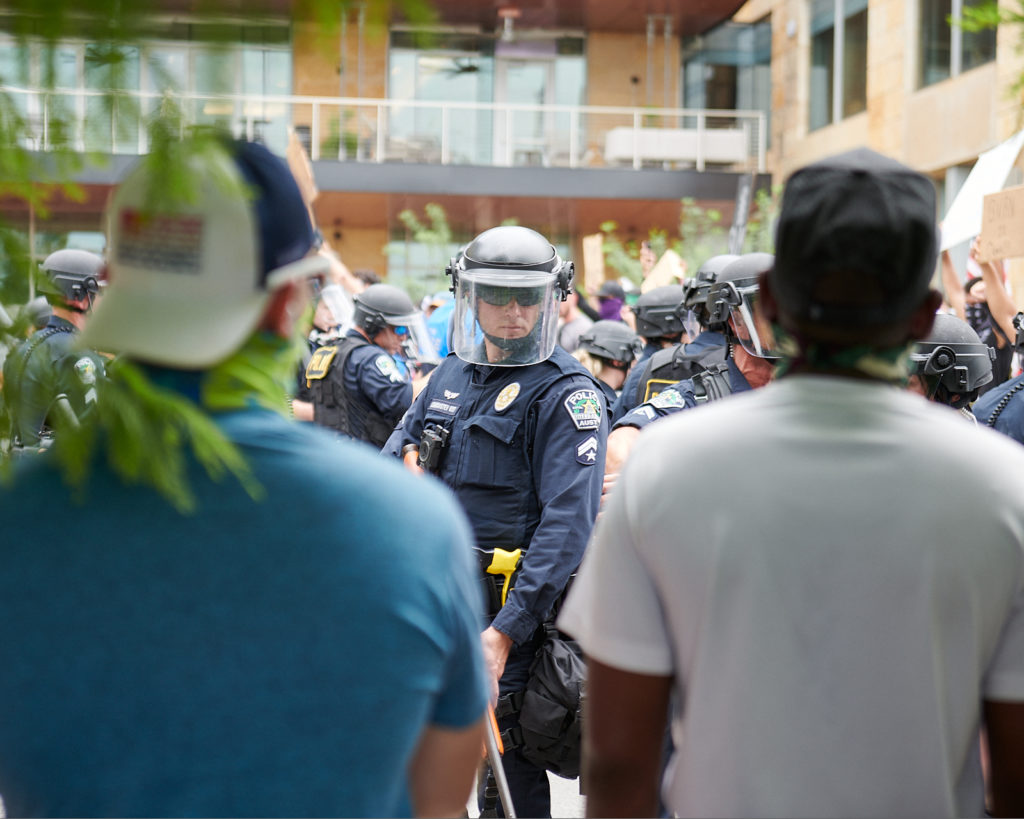
Photo: Naoto Nakamura
Enter Texas Governor Greg Abbott, whose “Back the Blue” initiative threatens to coerce political leaders and local municipalities into passing ever increasing police budgets against even the pretense of supporting racial justice. Abbott’s plan would represent a state takeover of Austin Police, an act that flies in the face of the local control from federal intervention most often touted by political conservatives. Even worse, such a bill further fans the flames of racial division in Texas and nationally by irrevocably placing Black Lives and public safety as two mutually exclusive issues.
As legal scholar Michelle Alexander has famously argued, mass incarceration represents the “New Jim Crow” in American society. Transforming this system of racially biased arrests, punishment, prison sentences, cash bail systems, and more requires us to invest in public health, education, housing affordability, and food justice in a manner that will enhance — rather than diminish — the safety of our neighborhoods, communities, and nation.
Abbott’s “Back the Blue” plans recalls the era of “massive resistance,” a euphemism for white supremacy, that greeted the civil rights movement’s heroic period after the 1954 Brown Supreme Court desegregation decision. Confederate politicians signed loyalty pledges supporting racial segregation, thousands joined White Citizens Councils that were devoted to maintaining Jim Crow, and states resurrected Confederate battle flags to announce their symbolic resistance to Black dignity and citizenship. Instructively, even after the court’s decision, some states such as Virginia decided to close their public schools rather than racially integrate.
The governor’s efforts are both morally reprehensible and politically indefensible but have deep historical precedent. So too the willful distortion of terms such as “abolition,” “integration,” “gay marriage,” and “voting rights,” all of which have been used by opponents of justice to promote fear, racism, political backlash, sexism, and anti-democratic violence over the course of American history.
Anti-racist movements innovated by millions of Black Americans, often joined by a small but robust plurality of White allies, to end systemic racism, defeat White supremacy, and in so doing finally achieve our country. Fannie Lou Hamer, the Ruleville, Mississippi sharecropper turned voting rights activist, defied the forces of hate to deliver stunningly eloquent testimony before the credentials committee at the Democratic National Convention in Atlantic City, New Jersey in August 1964. Hamer recounted beatings at the hands of law enforcement for organizing voting rights activities. Evicted from her Magnolia State plantation for trying to register “to become first class citizens,” Hamer “questioned America” the land of the free and the home of the brave, where innocent Black families experienced racial terror for simply trying to vote and live a life as “decent human beings.”
The stark moral lines that Hamer’s testimony drew that day remain with us today. The clarifying tumult of this year’s Black Lives Matter demonstrations have, once again, forced the nation to search inward. Expanding our definitions of citizenship, freedom, and democracy requires a fundamental shift beyond the status quo. Reimagining public safety is perhaps the most important step the city of Austin and the nation can make in bringing us closer to creating the “Beloved Community” that Dr. Martin Luther King Jr. eloquently articulated. We can finally achieve our country through anti-racist policies that promote deep empathy, justice, and equity for all our citizens, not by giving into and promoting the worse aspects of our nation’s tragic racial history.
If you like what you’ve been reading, please click here to subscribe and we will send you updates and our newsletter.

